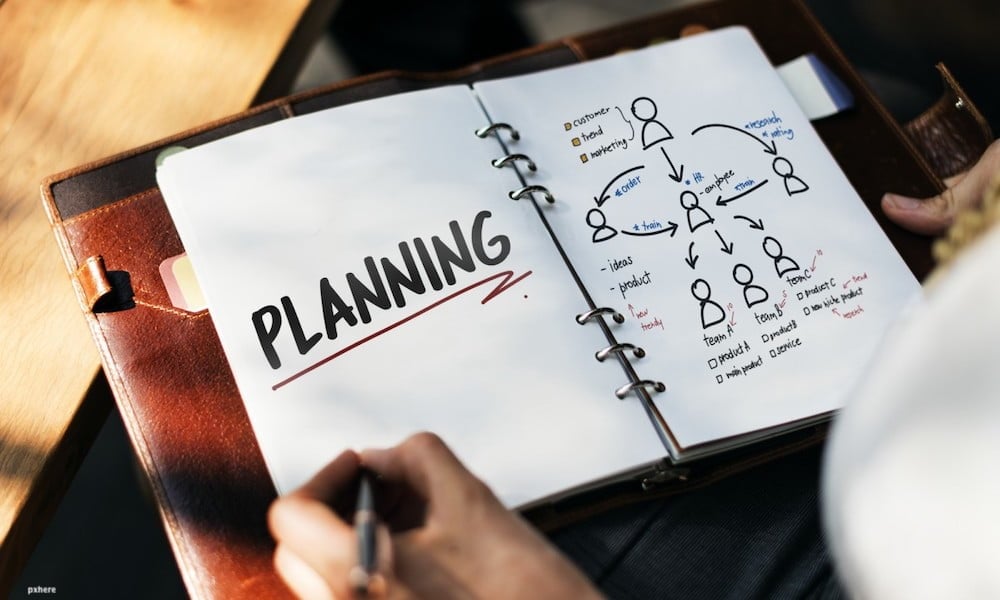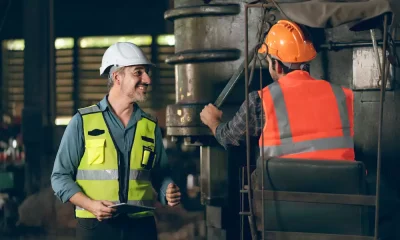Marketing
Sistema Plastics thinking outside the industrial box
At a business lunch in Australia last week the topic of conversation turned to the troubled local manufacturing sector. A partner in a law firm commented on how New Zealand has such a strong manufacturing base and is behind many well-known brands.

At a business lunch in Australia last week the topic of conversation turned to the troubled local manufacturing sector. A partner in a law firm commented on how New Zealand has such a strong manufacturing base and is behind many well-known brands.
(She mentioned Mountain Buggy, the children’s pram. Which just goes to show how the residual brand value outlasts reality, given that those prams have long been manufactured in China and owned by former competitor phil&teds.)
I asked the lunch group whether they had heard of Sistema.
Just like the provenance of Pavlova, Crowded House and Russell Crowe, many around the table thought Sistema was an Australian company manufacturing in Australia. There were impressive nods when I informed them the $100 million business was in fact producing everything in Auckland.
Sistema Plastics is a compelling case study on how to build a successful brand.
Reading and listening to interviews with the co-founders Brendan Lindsay and Allin Russell, you quickly piece together that the success of the plastic food storage containers is no happy accident.
The fact that Sistema is producing 100 per cent locally while building a global brand, exporting to 59 countries and experiencing year-on-year growth of between 80 to 120 per cent, is remarkable. Australians are not easily impressed and are spoiled for choice in every product category, and yet in 2012, the company had an estimated 44 per cent market share across the Tasman.
In the course of a discussion on noteworthy brands one of my Australian clients – also a local plastic packaging manufacturer – directed me to a video Sistema has on its website showcasing the technology in its Auckland factory.
In the manufacturing industry a business meeting on the topic of brand can be highly entertaining. Too often there is little differentiation and very little evidence of product development led by market strategy.
Russell hits the nail on the head when he says competitors are often industrial in their thinking. He believes Sistema is a marketing, not a product company and over the years its owners have invested heavily in their busines – including detailed market research, different operational models in each country, new technology, production capability and staff.
The firm designs in ranges rather than single products, making it easy for shoppers to buy multiple products from the same brand. This makes supermarkets like Coles and Woolworths very happy because, you guessed it, shoppers buy multiple products from the same brand.
Lindsay has committed to manufacturing Sistema in New Zealand and local production has given the company total control over the process start to finish.
The ‘Made in New Zealand’ stamp has resonated strongly in international markets and has also been a point of difference from the plastics that everyone assumes are made in China.
But the big factor in Sistema’s success is the way it seeks to understand trends and buyer behaviour in its category in every market, with ranges on shelves that are considered responses to shoppers’ needs.






